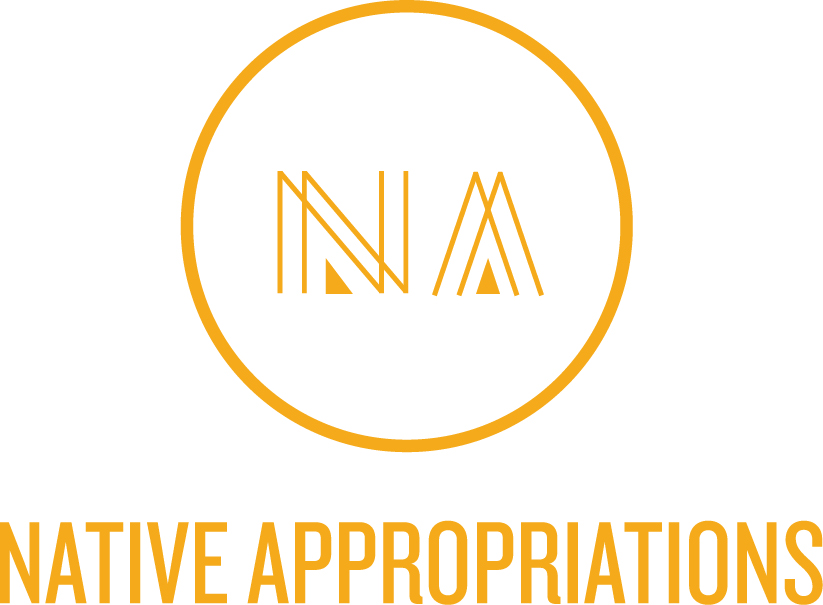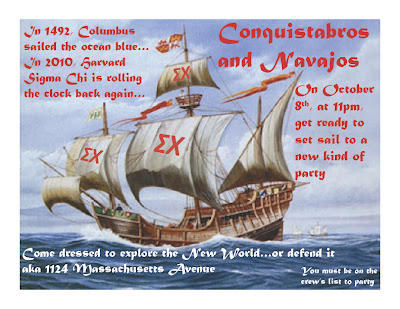Every year since 1990, the president of the United States has issued a proclamation declaring the month of November as “National Native American Heritage Month.” As a result, November often brings an influx of “Native American Awareness” programming at local libraries, schools, and community organizations, culminating with the one day Indians come up in casual conversation–Thanksgiving. I thought I would share Obama’s presidential proclamation, which he issued at the end of last month. I’m curious how everyone will perceive the language choices throughout, and what was included and excluded. The proclamation is also posted in full on this site.
The White House
Office of the Press Secretary
October 29, 2010
Presidential Proclamation — National Native American Heritage Month
——-
BY THE PRESIDENT OF THE UNITED STATES OF AMERICA
A PROCLAMATION
For millennia before Europeans settled in North America, the indigenous peoples of this continent flourished with vibrant cultures and were the original stewards of the land. From generation to generation, they handed down invaluable cultural knowledge and rich traditions, which continue to thrive in Native American communities across our country today. During National Native American Heritage Month, we honor and celebrate their importance to our great Nation and our world.
America’s journey has been marked both by bright times of progress and dark moments of injustice for American Indians and Alaska Natives. Since the birth of America, they have contributed immeasurably to our country and our heritage, distinguishing themselves as scholars, artists, entrepreneurs, and leaders in all aspects of our society. Native Americans have also served in the United States Armed Forces with honor and distinction, defending the security of our Nation with their lives. Yet, our tribal communities face stark realities, including disproportionately high rates of poverty, unemployment, crime, and disease. These disparities are unacceptable, and we must acknowledge both our history and our current challenges if we are to ensure that all of our children have an equal opportunity to pursue the American dream. From upholding the tribal sovereignty recognized and reaffirmed in our Constitution and laws to strengthening our unique nation-to- nation relationship, my Administration stands firm in fulfilling our Nation’s commitments.
Over the past 2 years, we have made important steps towards working as partners with Native Americans to build sustainable and healthy native communities. The American Recovery and Reinvestment Act continues to impact the lives of American Indians and Alaska Natives, including through important projects to improve, rebuild, and renovate schools so our children can get the education and skills they will need to compete in the global economy. At last year’s White House Tribal Nations Conference, I also announced a new consultation process to improve communication and coordination between the Federal Government and tribal governments.
This year, I was proud to sign the landmark Affordable Care Act, which permanently reauthorized the Indian Health Care Improvement Act, a cornerstone of health care for American Indians and Alaska Natives. This vital legislation will help modernize the Indian health care system and improve health care for 1.9 million American Indians and Alaska Natives. To combat the high rates of crime and sexual violence in Native communities, I signed the Tribal Law and Order Act in July to bolster tribal law enforcement and enhance their abilities to prosecute and fight crime more effectively. And, recently, my Administration reached a settlement in a lawsuit brought by Native American farmers against the United States Department of Agriculture that underscores our commitment to treat all our citizens fairly.
As we celebrate the contributions and heritage of Native Americans during this month, we also recommit to supporting tribal self-determination, security, and prosperity for all Native Americans. While we cannot erase the scourges or broken promises of our past, we will move ahead together in writing a new, brighter chapter in our joint history.
NOW, THEREFORE, I, BARACK OBAMA, President of the United States of America, by virtue of the authority vested in me by the Constitution and the laws of the United States, do hereby proclaim November 2010 as National Native American Heritage Month. I call upon all Americans to commemorate this month with appropriate programs and activities, and to celebrate November 26, 2010, as Native American Heritage Day.
IN WITNESS WHEREOF, I have hereunto set my hand this twenty-ninth day of October, in the year of our Lord two thousand ten, and of the Independence of the United States of America the two hundred and thirty-fifth.
BARACK OBAMA
So what do you think? I was initially struck by the first paragraph, it seems a little cliched, and very much past-centric. I would venture to guess that most Americans already think of American Indians as only existing in the past, so it could have been more powerful to start with a statement that strongly affirmed our current presence and continued existence. Instead, it seems to honor our past rather than our present and future…but that’s just my opinion. I’d love to hear your thoughts. In addition, what do you think about having a “Native American Heritage Month” in general?
More information about Native American Heritage Month:
http://nativeamericanheritagemonth.gov












